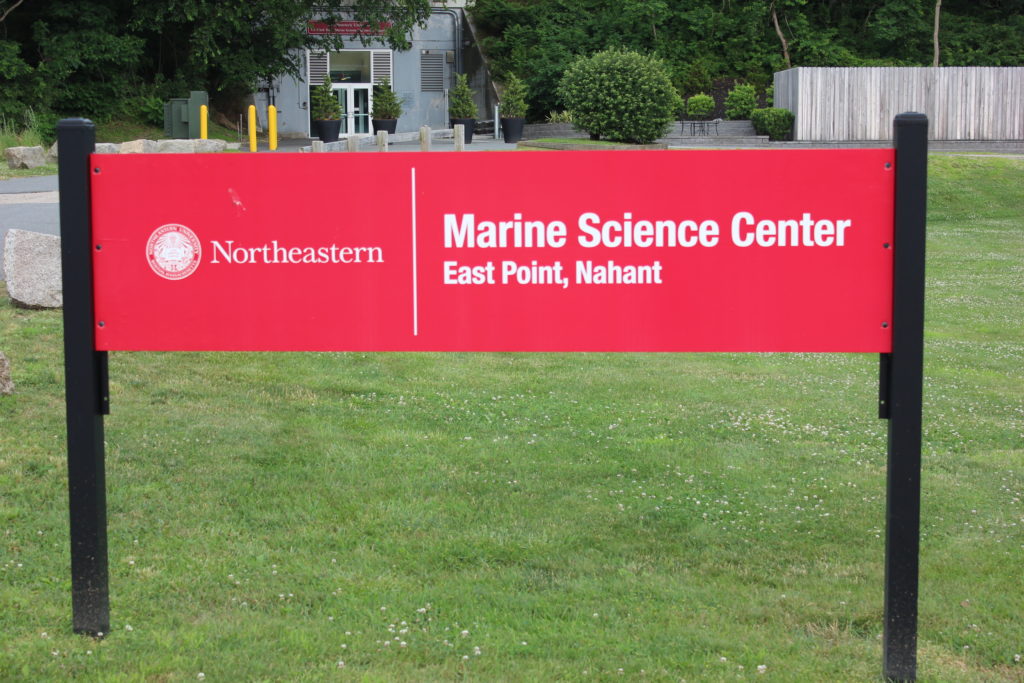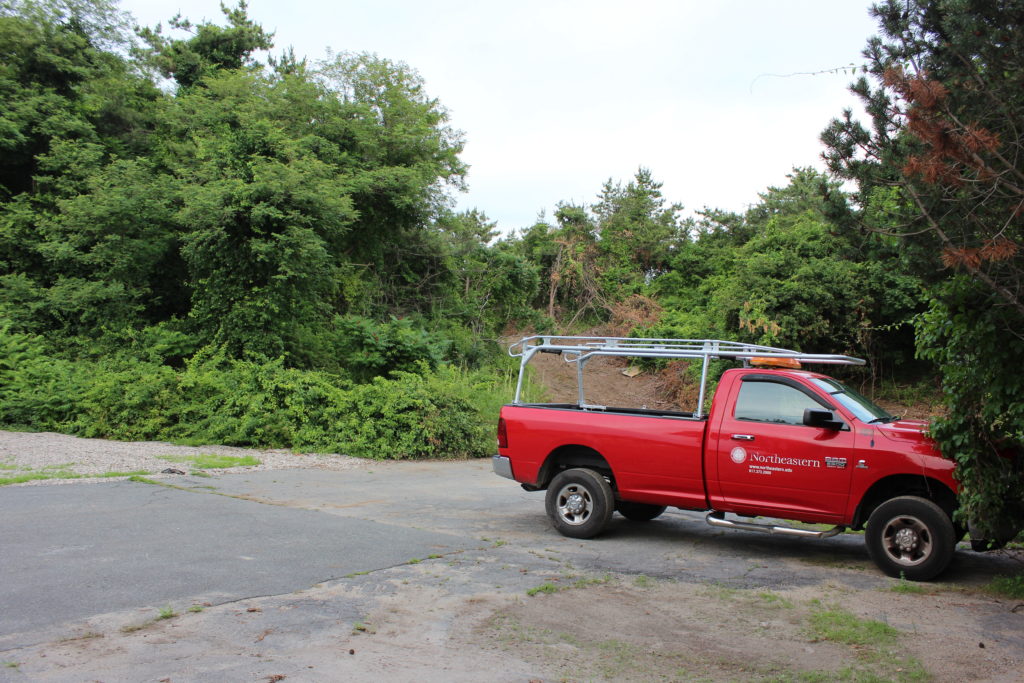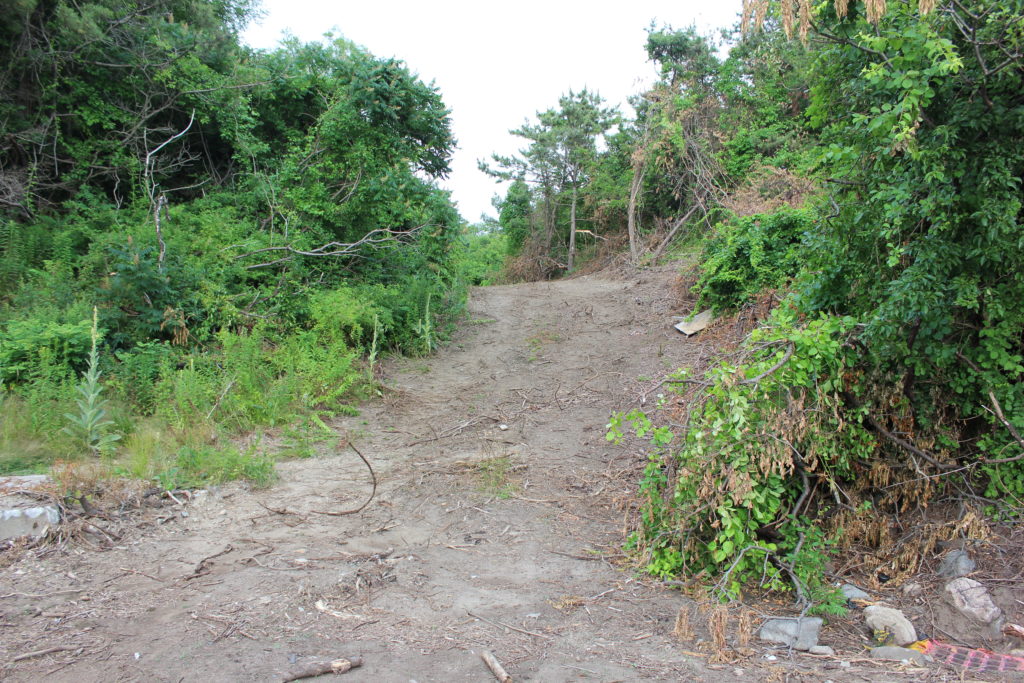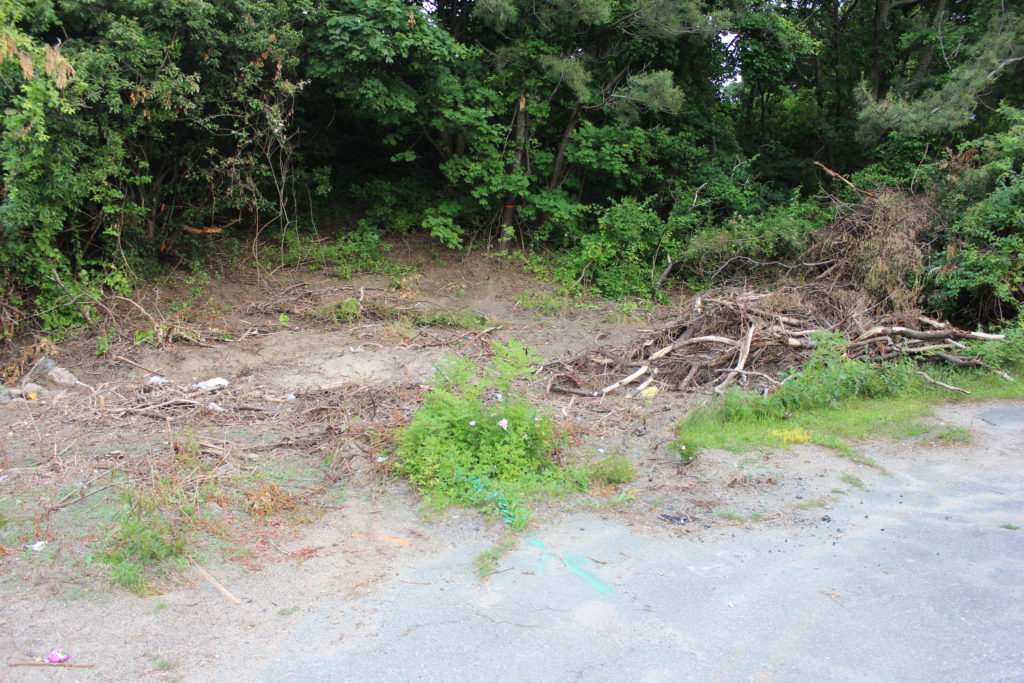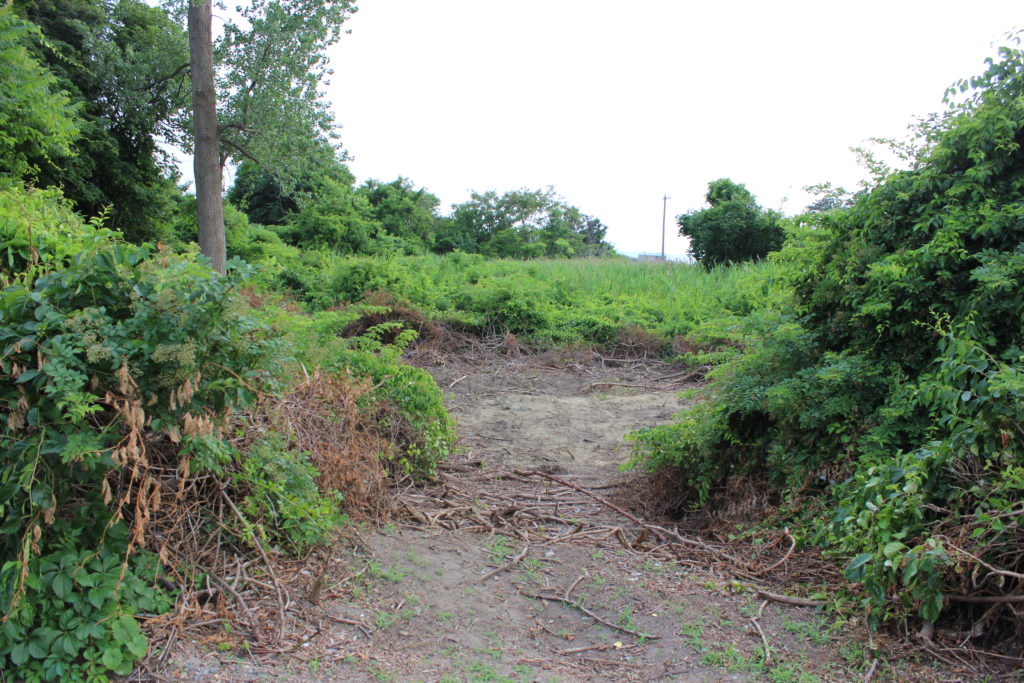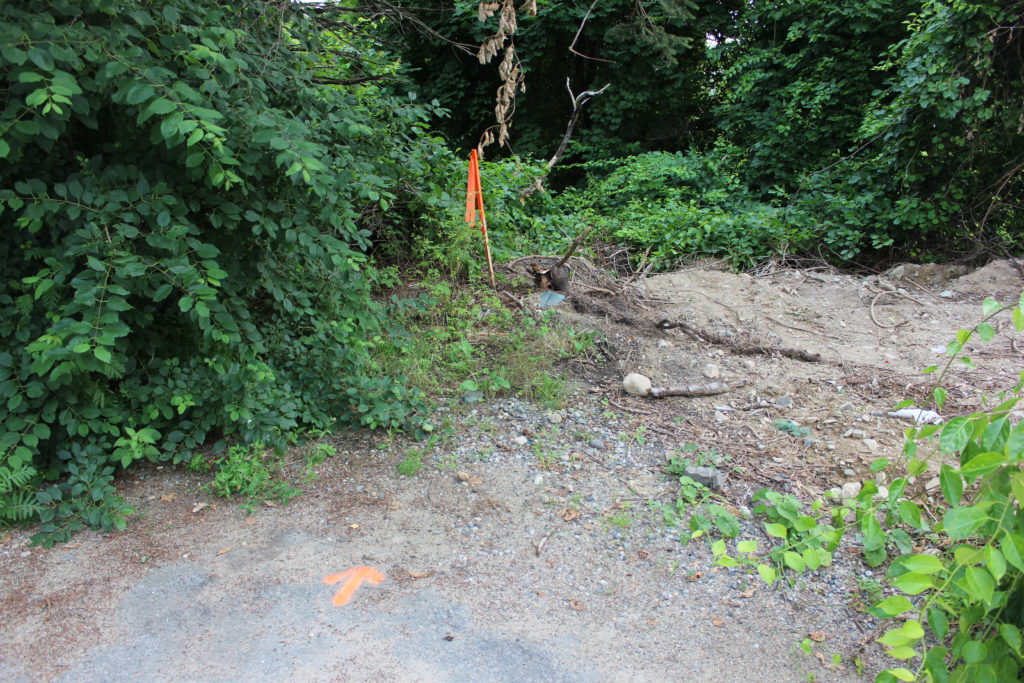NANAHT – Nahant residents are being asked to attend a State House Hearing Tuesday morning to amend the Dover Amendment. The Hearing is scheduled for Tuesday, July 16, 2019 at 11:00 AM, Gardner Auditorium. The Nahant based organization Keep Nahant Wild (web site) will be providing buses to Boston although residents will need to reserve seats by Monday afternoon. To reserve a seat on the bus, you must email keepnahantwild@gmail.com by Monday, July 15, 2019 — no later than 3:00 PM. The Conservation Law Center recently posted on the role of the Dover Amendment and the impact on the environment, as well as the ability of communities to preserve natural resources. (Details below) This is all related to the proposed expansion of Northeastern University’s Marine Science Center at East Point in Nahant.
State Representative Peter Capano and State Senator Brendan Crighton have been active in supporting opposition to the East Point building expansion. Background on why residents are actively opposing the project are posted below.
Several weeks ago the Nahant Conservation Commission sent a cease and desist order to Northeastern shutting down the land clearing they had started at their East Point Marine Science Center (Photo Gallery Below)
Construction Halted by Town / Photos
Conservation Law Foundation Blog
Natural resources here in the Commonwealth face increasing development pressure, particularly in our coastal areas. While numerous state and local regulations are designed to protect our natural resources, one state law – known as the Dover Amendment – currently creates a potential loophole from local environmental protections when projects are proposed by nonprofit educational and religious institutions. Under the Dover Amendment, such entities are generally exempt from local bylaws and, as a result, can sometimes pursue major building projects that threaten wetlands, woodlands, open space, and habitats.
A bill introduced earlier this year in the Massachusetts Legislature would close this loophole. To pass this critical bill, we need your support. Link to CLF web site click here
Northeastern Expansion in Nahant Shows How the Dover Amendment Can Go Wrong
To understand the harm the Dover Amendment loophole can cause, we can look to Nahant, where Northeastern University is proposing a major expansion of its Marine Science Center at the tip of East Point. Located in a Natural Resource District under local zoning, East Point contains valuable wetlands in a beautiful scenic setting. It also serves as a critical home to multiple state and federally protected rare and migratory birds.
Northeastern proposes to improve the center’s existing seawater intake system used for marine research, but its project will also include a new 55,000-square foot, 2.5-story building and two sizeable parking lots. The expansion will require clearcutting some six acres of woods and razing a meadow that has been maintained as an ecological preserve – all on a site that abuts a town park that faces the ocean on its other three sides.
A project of this size and scope, in this location, will destroy substantial open space and natural resources, including wildlife habitat. Under Nahant’s local zoning bylaws, because this project is proposed in a Natural Resource District, it should not be able to be built. However, as an educational nonprofit institution, Northeastern is attempting to use the Dover Amendment to skirt local regulations.
Northeastern’s proposed project is currently being reviewed under the Massachusetts Environmental Policy Act (commonly referred to as MEPA) and public comments are being accepted for the next two weeks. More information about the MEPA process, including how to comment on this project, can be found here.
Proposed Legislation Would Close Loophole
Entities like Northeastern should not be allowed to bypass important local environmental protections and destroy critical natural resources simply by virtue of their status as nonprofit educational or religious institutions. That is why State Representative Peter L. Capano and State Senator Brendan Crighton have introduced legislation, House Bill No. 1765, An Act to Prevent Nonprofit Institutions From Avoiding Wetlands or Natural Resource Protections Under the So-Called Dover Amendment. This bill will remove the loophole from the Dover Amendment that could allow projects like this to sidestep otherwise-applicable environmental protections.
This legislation would codify a Massachusetts Court of Appeals ruling that the Dover Amendment does not override the ability of local communities to protect wetlands, whether through a zoning or non-zoning bylaw or the establishment of conservancy districts. It would also specifically allow communities to protect wetlands and other natural resource areas notwithstanding the Dover Amendment.
Help Protect the Commonwealth’s Natural Resources
You can help by showing your support for this critical legislation to close the Dover Amendment loophole. Call Rep. Capano and Sen. Crighton to express your support and attend a hearing on the bill on July 16 at 11:00am in Room A2 at the Statehouse. Contact Representative Capano at (617) 722-2425 ext. 7309 or info@petecapano.com. Contact Sen. Crighton at (617) 722-1350 or brendan.crighton@masenate.gov.
End CLF Blog
Why Keep Nahant Wild is Opposed to Northeastern Expansion? In their own words
On what is open space today, Northeastern plans to construct a new 60,000 sq. ft. monolithic building, complete with fire roads, industrial scale utilities and a parking lot big enough for 185-200 cars – all to house  their “Urban Coastal Sustainability Initiative”. This area is home to local wildlife and migratory birds, who would find their habitat destroyed overnight. As part of the expansion, Northeastern University will also install a massive pumping facility to provide seawater to laboratory experiments. The new pumps would increase outflow many fold, dumping warm, used seawater directly into the waters around East Point where lobster and flounder spawn. This system is controversial because the University has not studied any of the effluent that flows out of their tanks today.
their “Urban Coastal Sustainability Initiative”. This area is home to local wildlife and migratory birds, who would find their habitat destroyed overnight. As part of the expansion, Northeastern University will also install a massive pumping facility to provide seawater to laboratory experiments. The new pumps would increase outflow many fold, dumping warm, used seawater directly into the waters around East Point where lobster and flounder spawn. This system is controversial because the University has not studied any of the effluent that flows out of their tanks today.
How much new traffic will the campus bring to this tiny town? We’re not sure, because Northeastern hasn’t studied it. They also haven’t studied the light or noise pollution such a large campus will produce. It’s full steam ahead for their ambitious plans.




